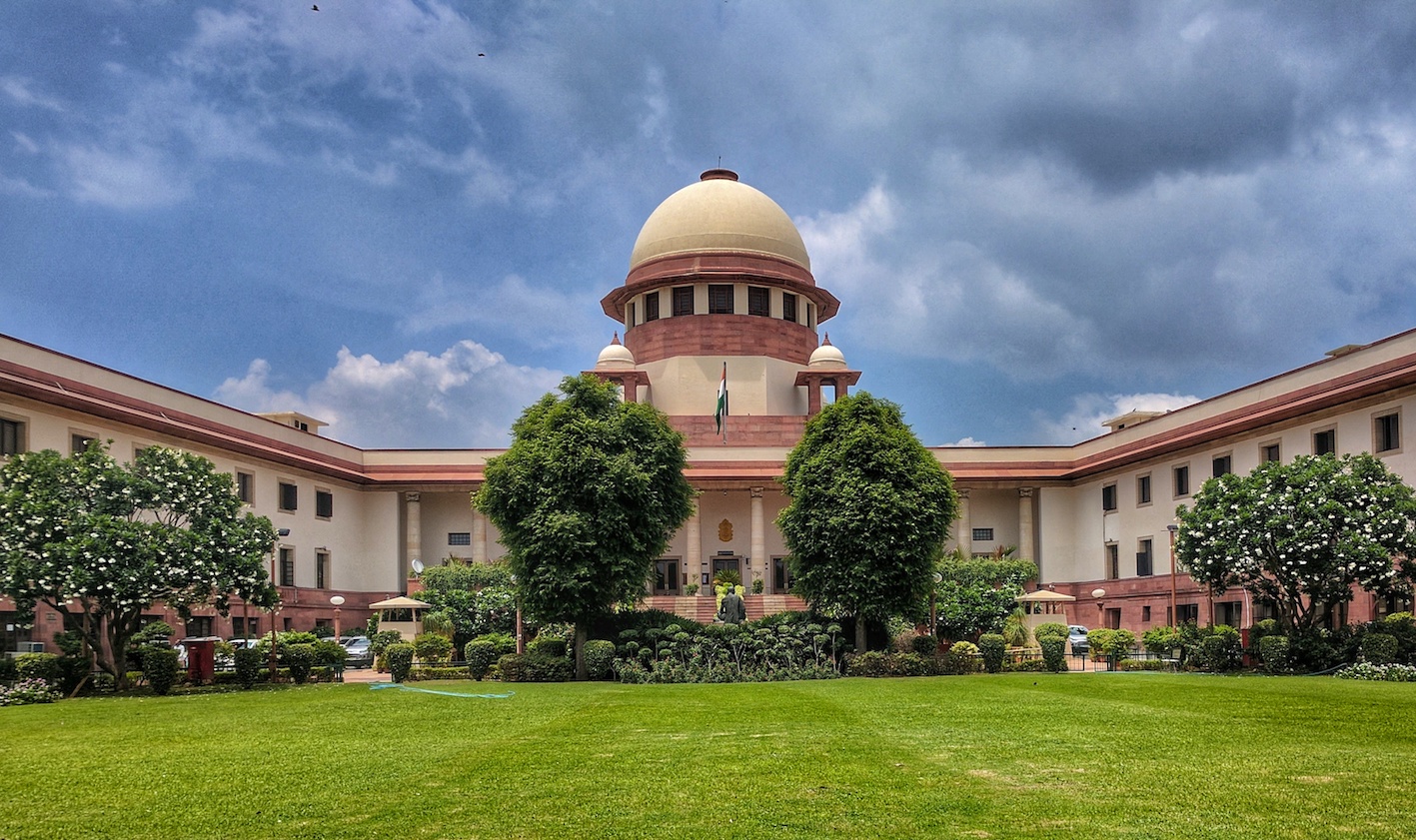Having not presented them self for Cross-examination, an adverse presumption has to be drawn against them: Supreme Court
This present Judgment was forwarded by this Hon’ble SC in the Civil Appeal case of Iqbal Basith & Others V. N. Subbalakshmi & Others, [C.A. No. 1725 of 2010], chaired by Hon’ble justice Mr. R.F. Nariman, Mr. Navin Sinha and Mr. Krishna Murari.
The plaintiffs are in appeal against the concurrent findings by two courts, rejecting their plaint seeking the relief for permanent injunction. The suit was initially dismissed. R.F.A. No.116/1990 preferred by the appellants was allowed by the High Court. The order was set aside by this court in C.A. No. 2072/2000 on 22.07.2004 and the matter was remanded to the High Court. Both the Courts held that the respondents had no concern with the suit property, yet ventured to decide that the appellants had failed to establish title and dismissed the suit. The conclusion of the High Court that the identity of the suit property had not been established is perverse and contrary to the evidence on record.
The present suit was instituted by the appellants in 1974 seeking permanent injunction as the respondents attempted to encroach on their property. The suit schedule property was described as no. 44/6.
After examining all the submissions, arguments and evidences forwarded by the councils, the Hon’ble HC observed that, “The conclusion by the courts below that the appellants had failed to establish title and therefore could not be said to be in lawful possession is therefore held to be perverse and unsustainable. Similarly, the conclusion that the identity of the suit property was not established is also held to be perverse in view of letter dated 16.04.1956 from the municipality, referred to herein above. The contention of the respondents feebly seeking to question the title of the appellants was rejected holding that they had nothing to do with the suit schedule property and that their conduct was questionable. Yet the appellants were wrongly denied the relief of permanent injunction. In our considered opinion the Trial Court and the High Court both posed unto themselves the wrong question venturing to decide the title of the appellants, and arrived at an erroneous conclusion.”
In lieu of the above made considerations and observations, the bench in this present case held that, “On basis of the aforesaid discussion, the materials and evidence on record, we are of the considered opinion that the impugned orders dismissing the suit and the appeal are therefore not sustainable. We therefore set aside the orders of the Trial Court and the High Court dismissing the suit, and allow the appeal.”




